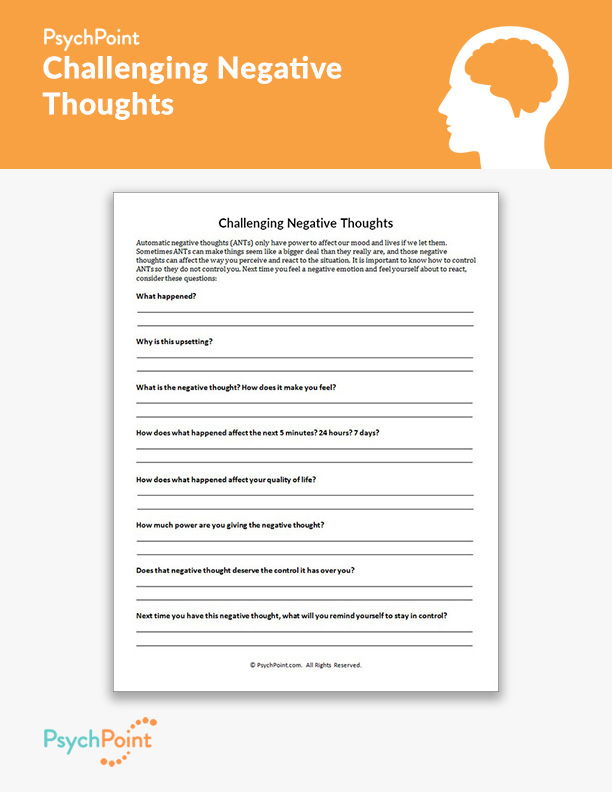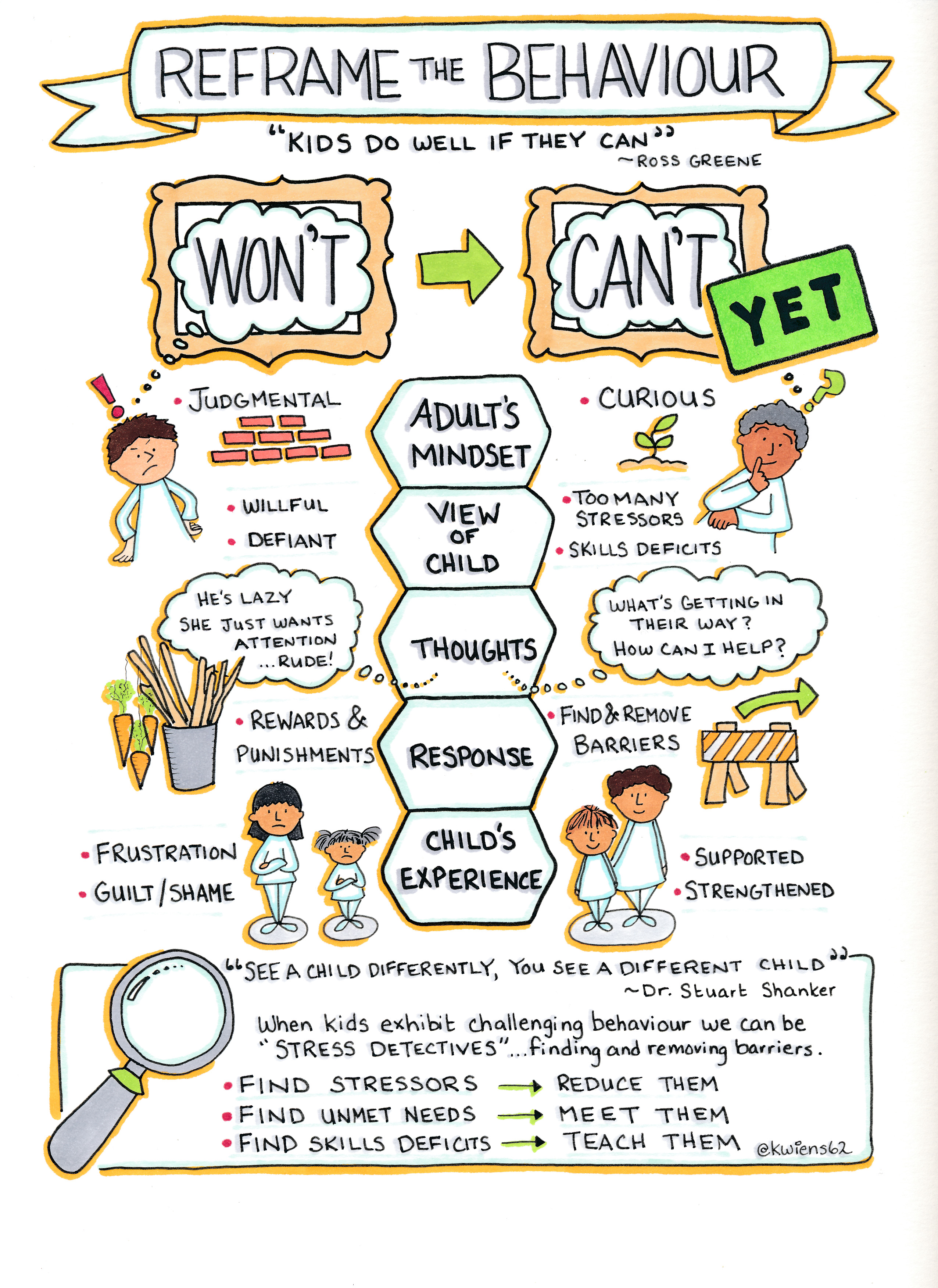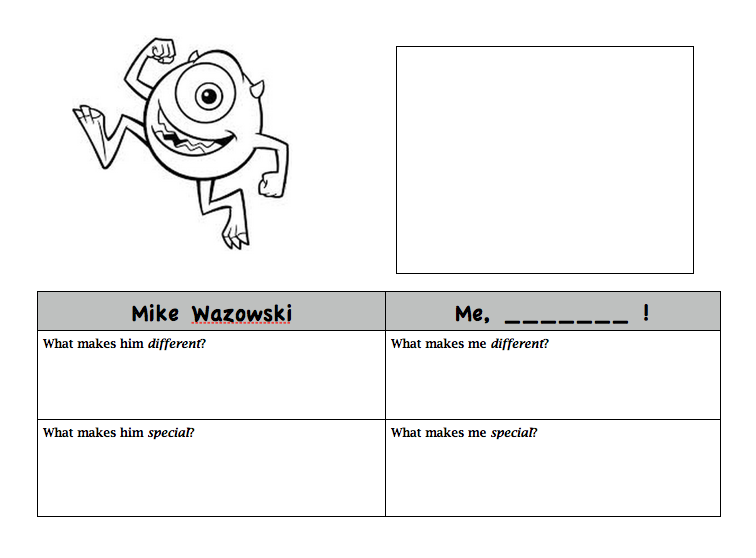Reframing Thoughts Worksheet - Prepare nats cards and make copies of. Familiarize yourself with the cognitive triad concept. Web this detailed cognitive restructuring worksheet uses “socratic questions” to encourage a deep dive into thoughts that plague you, and offer an opportunity to analyze and evaluate them for truth. Web changing the way we see negative situations, reframing common negative thoughts, and practicing gratitude have been shown to. Catastrophizing is negative recognize that while anxiety can help protect us from danger and motivate us to take action needed to avoid a problem, catastrophizing is negative. In this worksheet your client will be asked to take a step back and consider their situation and thoughts from a new perspective, such as that from a friend. Web reframing is a strategy that people can use, either on their own or in therapy, to help adjust their mindset. Web worksheet for reframing thoughts champions reframe situations in ways that motivate them to perform their best. It can be easy to succumb to negative thoughts as a default setting. If you are having thoughts that do not come from a place of truth, this worksheet can be an excellent tool for identifying and defusing them.
Reframing PD Pinterest
Web this is not always going to be the most positive interpretation! When problems distress or overwhelm us, it is often helpful to break down the problem. This idea forms the basis of. Web worksheet for reframing thoughts champions reframe situations in ways that motivate them to perform their best. Prepare nats cards and make copies of.
Pin by Jazmin MagallanesUribe on Counselling Social emotional skills
When a client can’t change the event and is struggling even though they are using rational thinking, coping techniques can help. When you are done, go through. If you are having thoughts that do not come from a place of truth, this worksheet can be an excellent tool for identifying and defusing them. For practical ways to challenge and dispute.
Automatic Thoughts Worksheet
Web the cognitive triangle illustrates how thoughts, emotions, and behaviors affect one another. Web students work on identifying negative thoughts, learn 6 specific strategies for reframing them, and then practice. Web 4 steps to reframing worksheet instructions: Web negative thoughts can be difficult to cope with! In this worksheet your client will be asked to take a step back and.
Changing Thoughts the healing path with children
Catastrophizing is negative recognize that while anxiety can help protect us from danger and motivate us to take action needed to avoid a problem, catastrophizing is negative. Practice reframing your thoughts as positive ones. These task cards contain 40 scenarios that allow for. By noticing the negative things you say to yourself, you. If you find yourself immediately thinking a.
Reframing Negative Thoughts Worksheet Free Printable Math Worksheets
Web this is not always going to be the most positive interpretation! Web worksheet for reframing thoughts champions reframe situations in ways that motivate them to perform their best. Web cognitive reframing and adaptive thinking as you observed from the first imagery exercise, our thoughts create strong. It can be easy to succumb to negative thoughts as a default setting..
Psychotherapy Reframing Worksheet Printable Worksheets and Activities
When problems distress or overwhelm us, it is often helpful to break down the problem. When a client can’t change the event and is struggling even though they are using rational thinking, coping techniques can help. Web become aware of what situations make you feel frustrated, angry, sad, or guilty. By noticing the negative things you say to yourself, you..
Challenging Negative Thoughts Worksheet PsychPoint
When you are done, go through. Web worksheet for reframing thoughts champions reframe situations in ways that motivate them to perform their best. It can be easy to succumb to negative thoughts as a default setting. Familiarize yourself with the cognitive triad concept. In this worksheet your client will be asked to take a step back and consider their situation.
I often see posts about kids "refusing to" or "won't" do something. I
In this worksheet your client will be asked to take a step back and consider their situation and thoughts from a new perspective, such as that from a friend. Web fortunately, with practice, you can address and change these thoughts. If you are having thoughts that do not come from a place of truth, this worksheet can be an excellent.
19 Best Images of Fun CBT Worksheets CBT Cognitive Triangle Worksheet
Web fortunately, with practice, you can address and change these thoughts. Web write down all the upsetting thoughts about the situation on the worksheet that you can think of. If you are having thoughts that do not come from a place of truth, this worksheet can be an excellent tool for identifying and defusing them. In this worksheet your client.
Anxiety Worksheet Printable Overgeneralized Thought Reframing The
When you are done, go through. Web worksheet for reframing thoughts champions reframe situations in ways that motivate them to perform their best. Web cognitive reframing and adaptive thinking as you observed from the first imagery exercise, our thoughts create strong. Web fortunately, with practice, you can address and change these thoughts. Web 4 steps to reframing worksheet instructions:
This idea forms the basis of. Catastrophizing is negative recognize that while anxiety can help protect us from danger and motivate us to take action needed to avoid a problem, catastrophizing is negative. Web cognitive reframing and adaptive thinking as you observed from the first imagery exercise, our thoughts create strong. If you find yourself immediately thinking a negative thought when you see something new, such as entering an unfamiliar room and thinking “i hate the color of that wall,” give reframing a try (anderson, 2014). Web the cognitive triangle illustrates how thoughts, emotions, and behaviors affect one another. By noticing the negative things you say to yourself, you. Web students work on identifying negative thoughts, learn 6 specific strategies for reframing them, and then practice. In this worksheet your client will be asked to take a step back and consider their situation and thoughts from a new perspective, such as that from a friend. Instead, consider how it has played out in the past. When you are done, go through. It can be easy to succumb to negative thoughts as a default setting. Web this is not always going to be the most positive interpretation! Please use this worksheet to practice reappraisal in. Web 4 steps to reframing worksheet instructions: Practice reframing your thoughts as positive ones. Familiarize yourself with the cognitive triad concept. When a client can’t change the event and is struggling even though they are using rational thinking, coping techniques can help. If you are having thoughts that do not come from a place of truth, this worksheet can be an excellent tool for identifying and defusing them. Web changing the way we see negative situations, reframing common negative thoughts, and practicing gratitude have been shown to. Web negative thoughts can be difficult to cope with!
When A Client Can’t Change The Event And Is Struggling Even Though They Are Using Rational Thinking, Coping Techniques Can Help.
Web cognitive reframing and adaptive thinking as you observed from the first imagery exercise, our thoughts create strong. When you are done, go through. Web become aware of what situations make you feel frustrated, angry, sad, or guilty. Web reframing unhelpful thoughts it's natural to feel worried every now and again, but our anxious thoughts can sometimes be.
Prepare Nats Cards And Make Copies Of.
Web fortunately, with practice, you can address and change these thoughts. Web write down all the upsetting thoughts about the situation on the worksheet that you can think of. If you find yourself immediately thinking a negative thought when you see something new, such as entering an unfamiliar room and thinking “i hate the color of that wall,” give reframing a try (anderson, 2014). Web negative thoughts can be difficult to cope with!
It Can Be Easy To Succumb To Negative Thoughts As A Default Setting.
Web this detailed cognitive restructuring worksheet uses “socratic questions” to encourage a deep dive into thoughts that plague you, and offer an opportunity to analyze and evaluate them for truth. Web reframing is a strategy that people can use, either on their own or in therapy, to help adjust their mindset. If you are having thoughts that do not come from a place of truth, this worksheet can be an excellent tool for identifying and defusing them. Please use this worksheet to practice reappraisal in.
This Idea Forms The Basis Of.
Web the cognitive triangle illustrates how thoughts, emotions, and behaviors affect one another. These task cards contain 40 scenarios that allow for. Catastrophizing is negative recognize that while anxiety can help protect us from danger and motivate us to take action needed to avoid a problem, catastrophizing is negative. In this worksheet your client will be asked to take a step back and consider their situation and thoughts from a new perspective, such as that from a friend.










